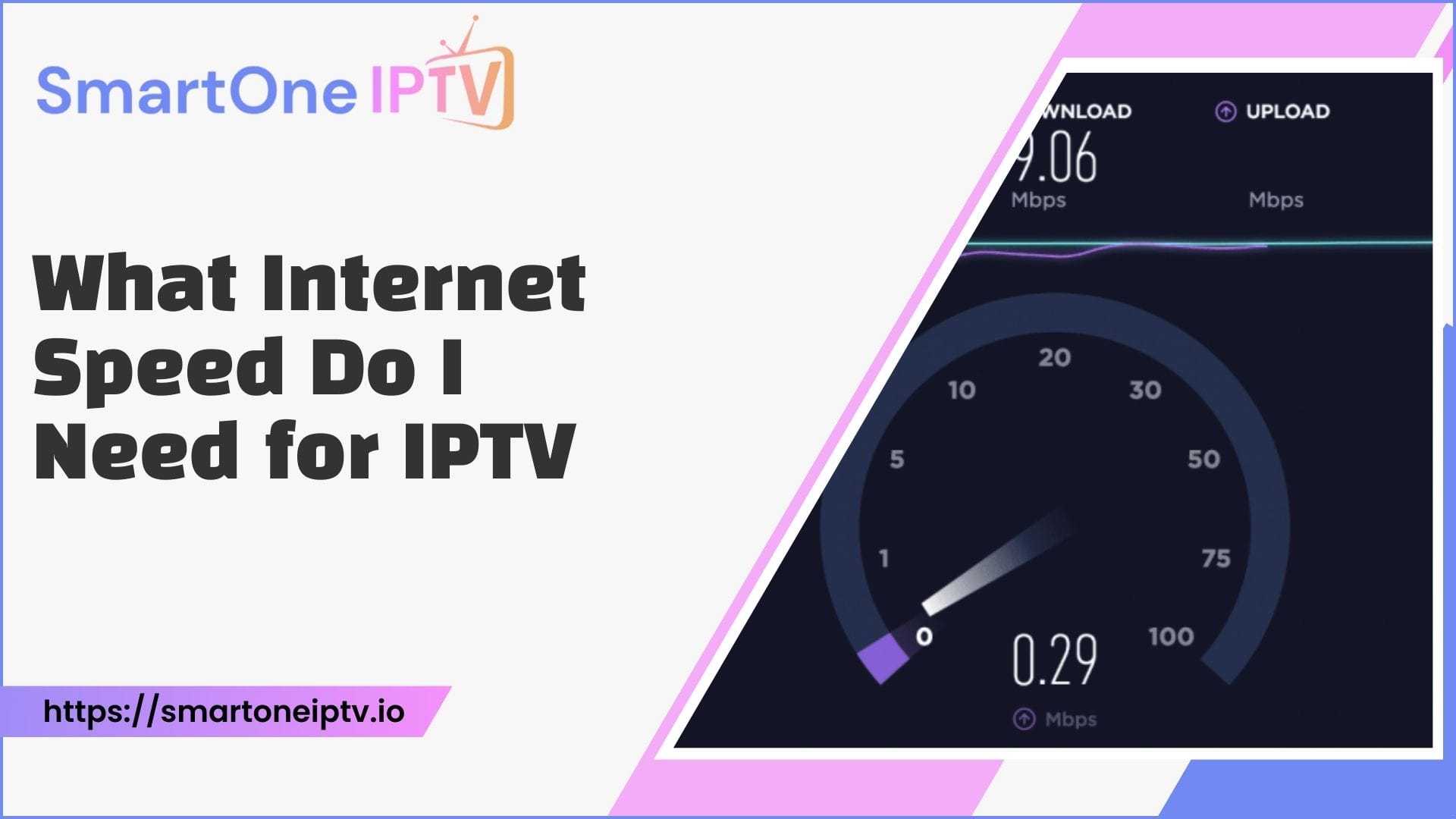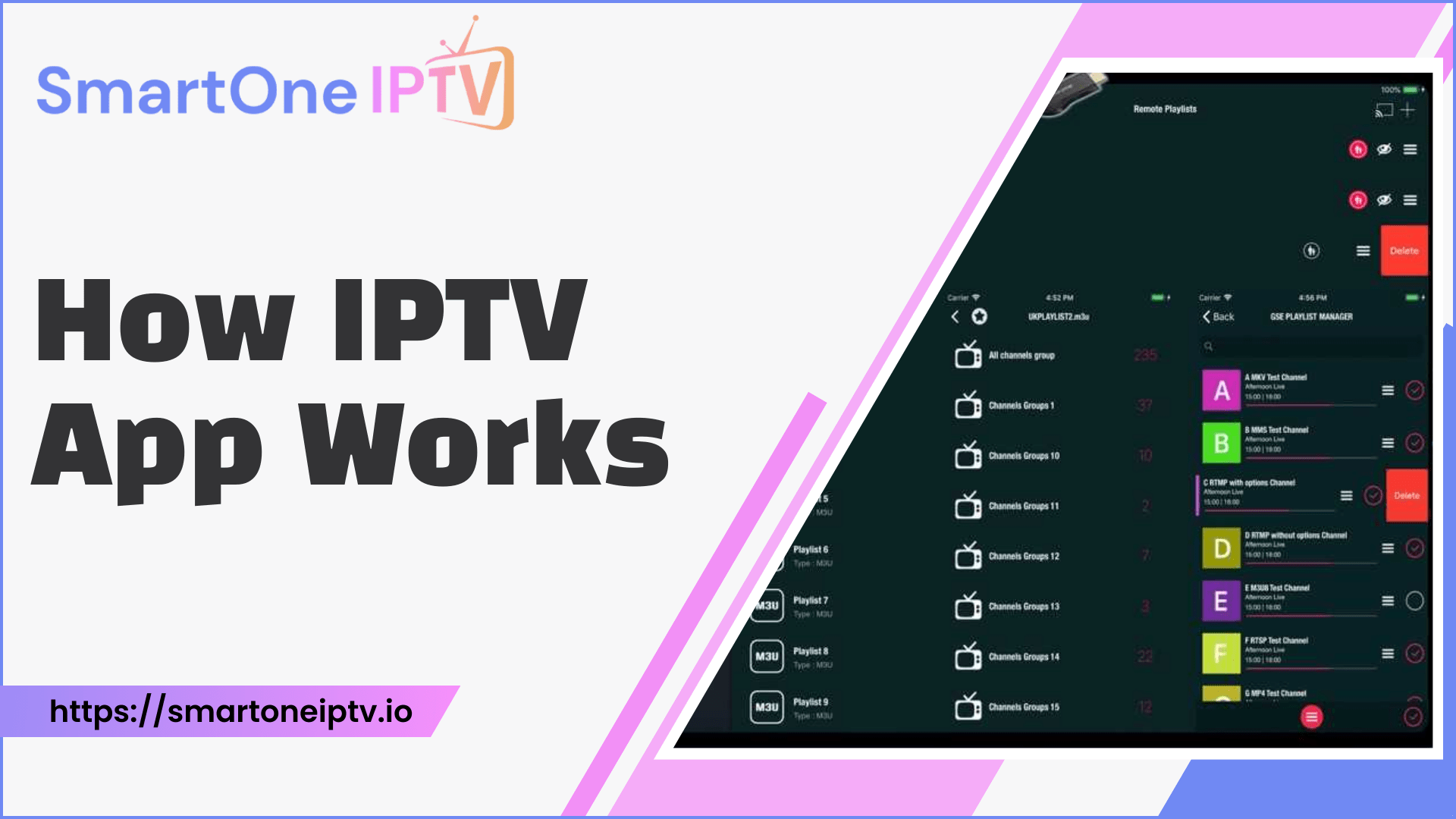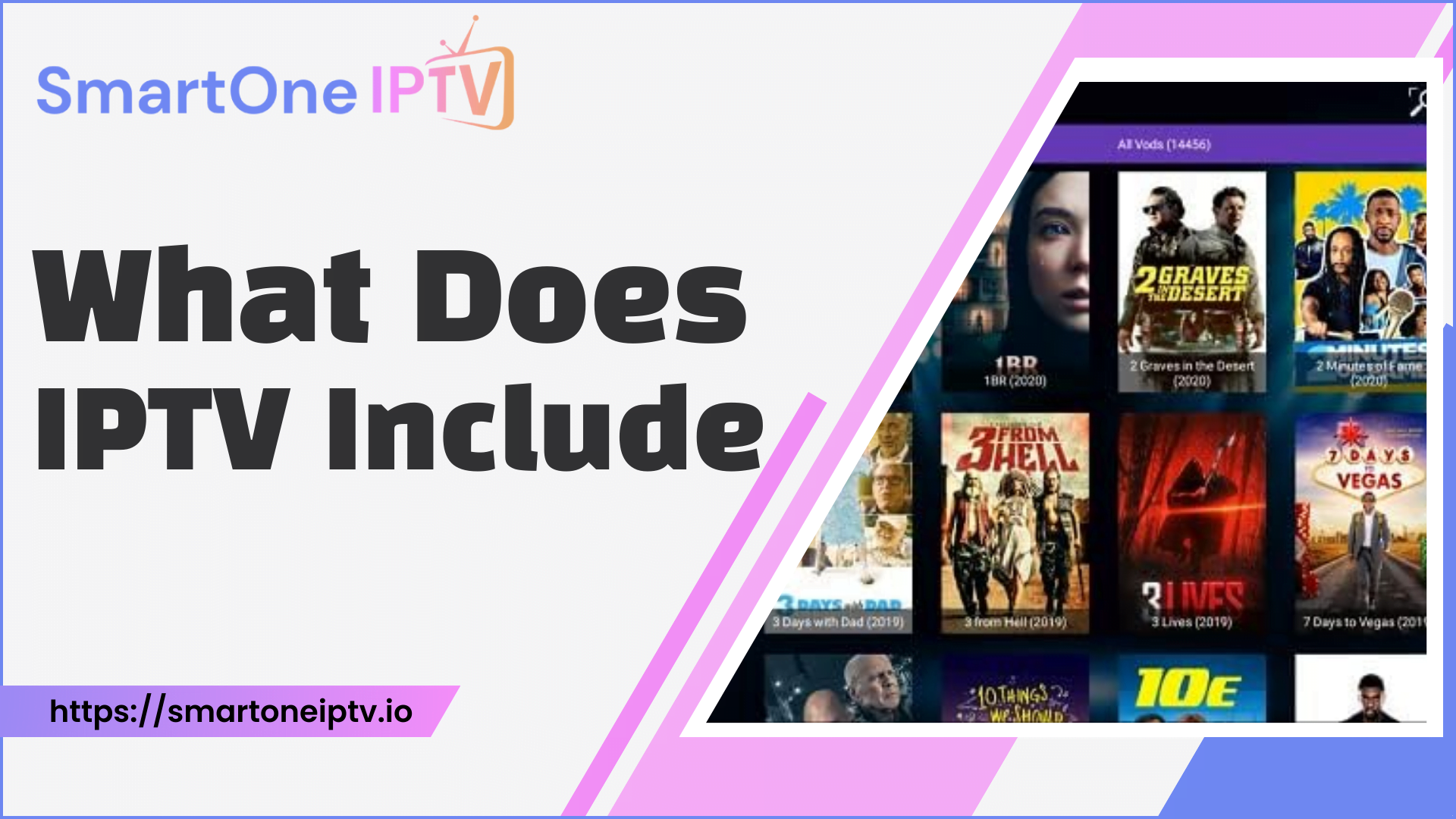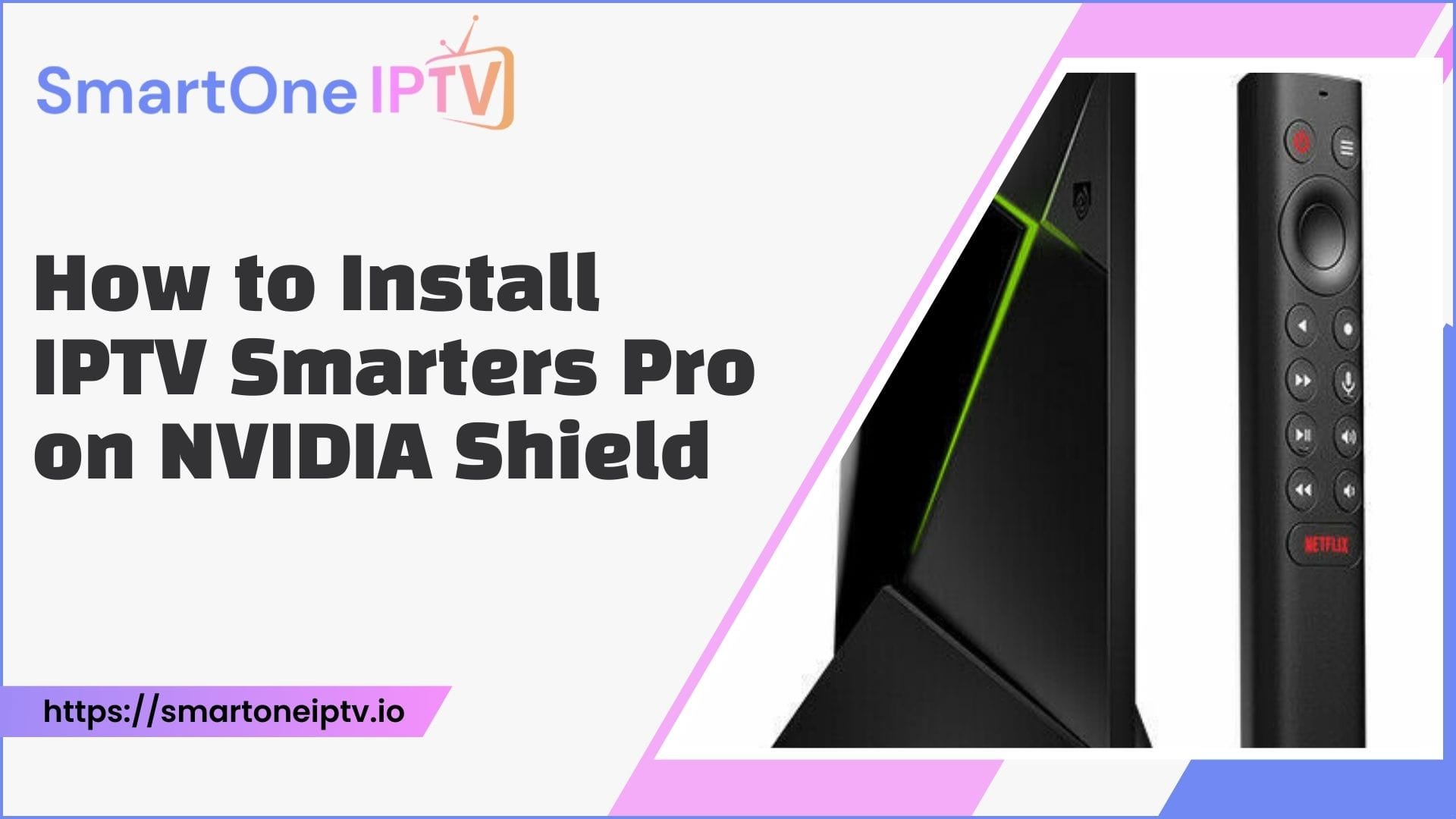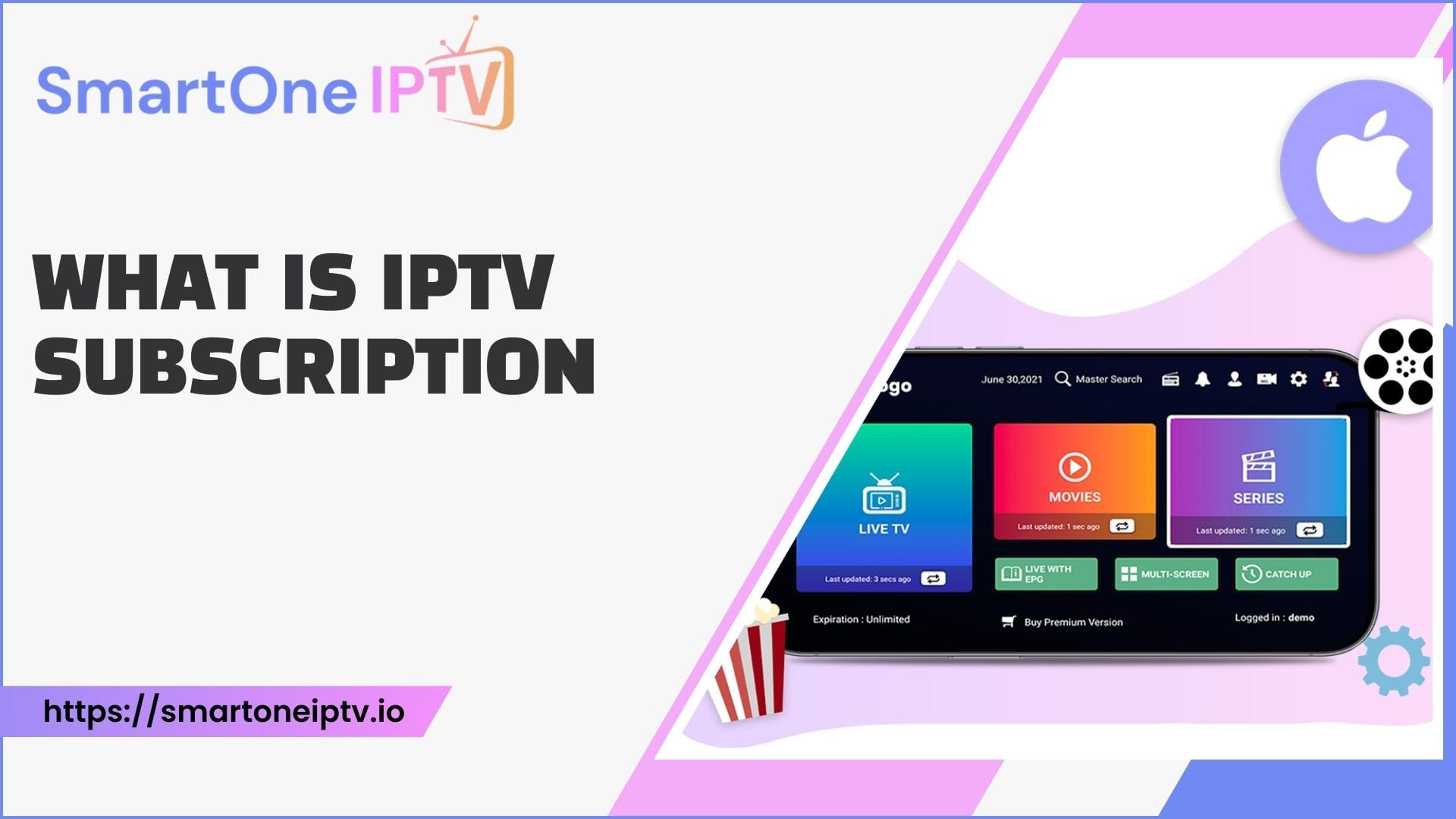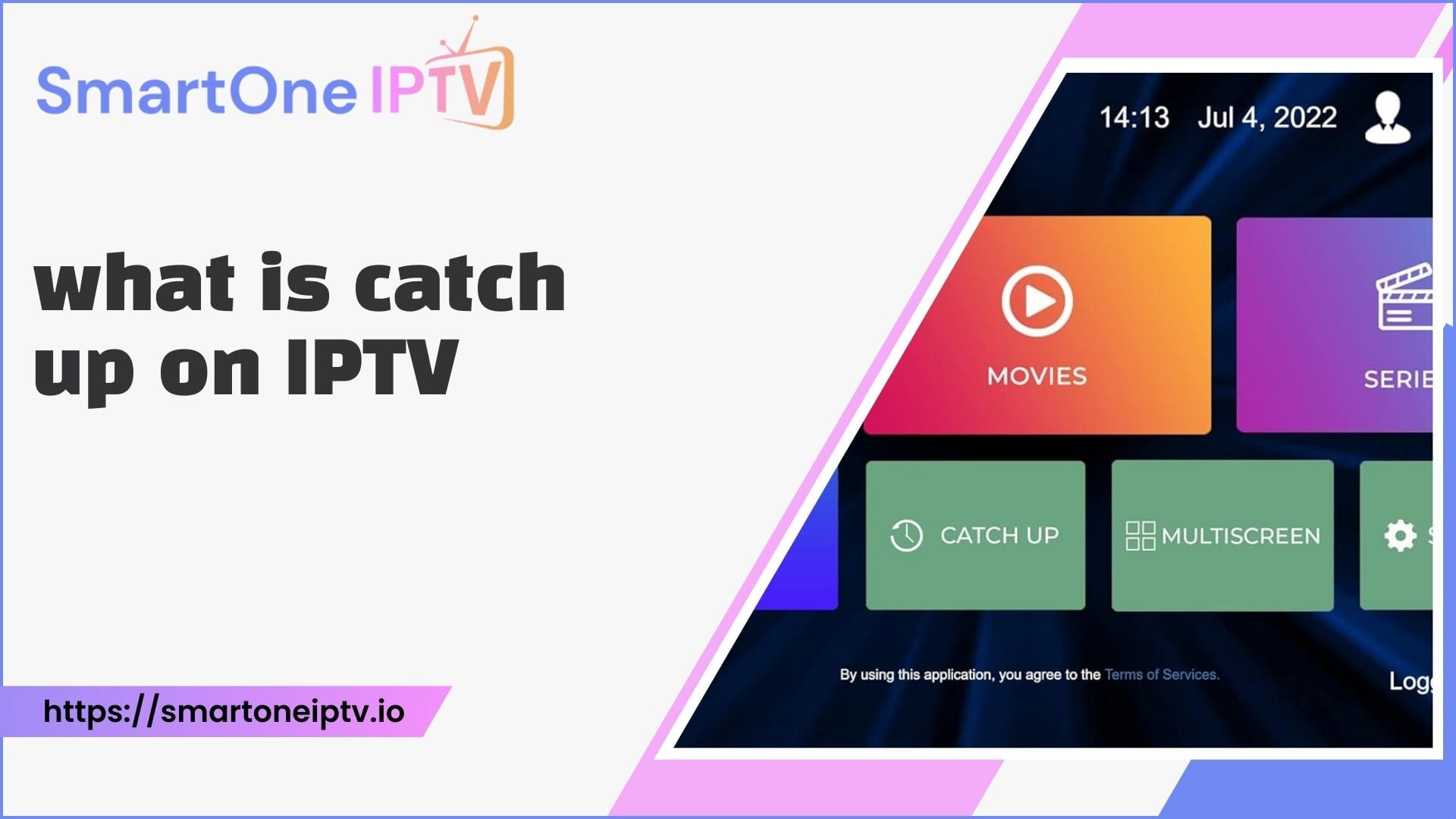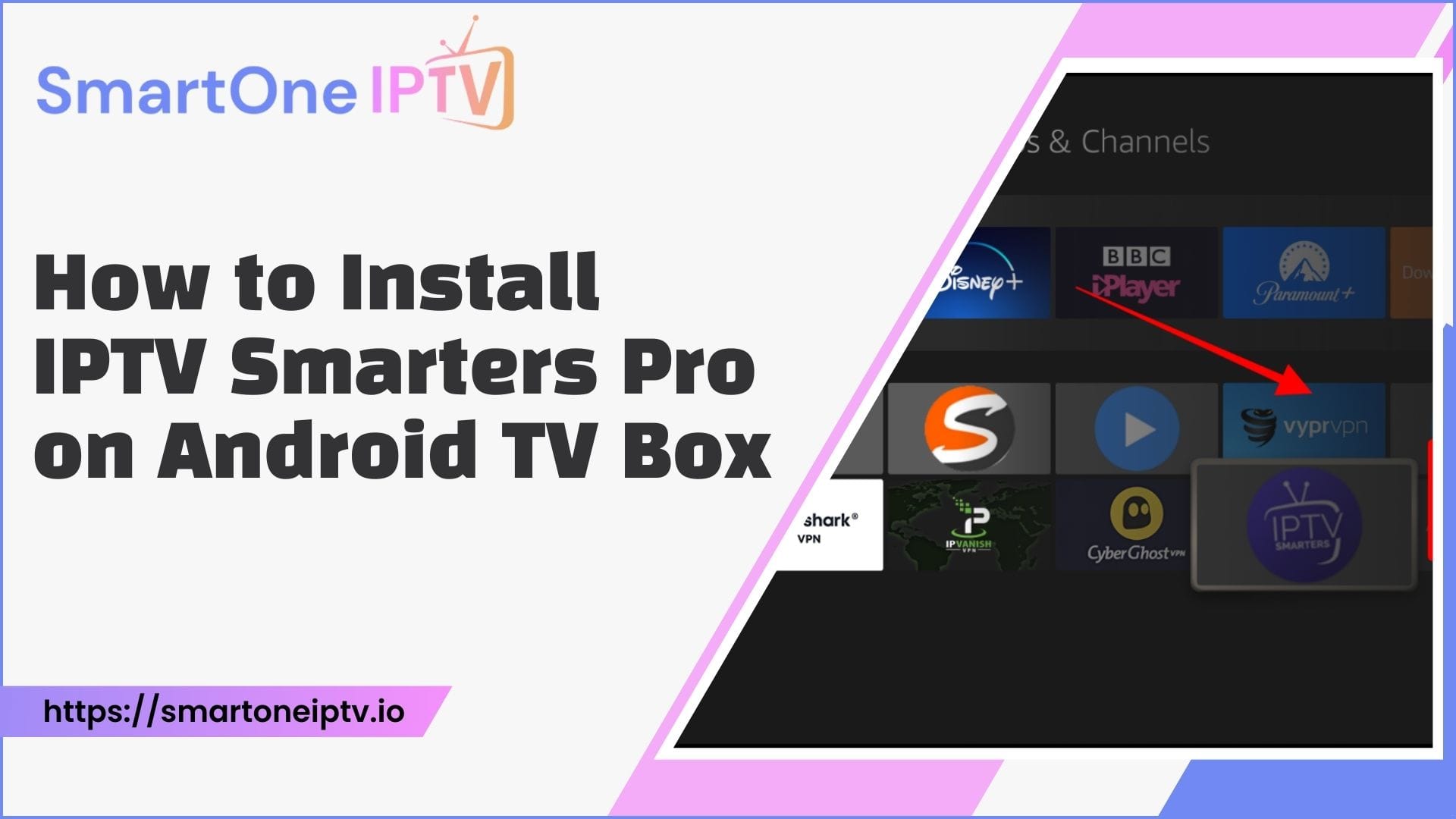Streaming IPTV has become an essential part of home entertainment. Whether you enjoy live TV, on-demand content, or 4K movies, understanding your internet speed is crucial for smooth playback. So, what internet speed do I need for IPTV? The answer depends on several factors, such as resolution, the number of devices in use, and whether you’re streaming live or on-demand content.
This guide will help you understand how internet speed affects IPTV and what you need for different scenarios, ensuring hassle-free viewing at all times.
Why Does Internet Speed Matter for IPTV?
IPTV relies on a steady internet connection to stream video content in real-time. Unlike traditional cable TV, IPTV uses bandwidth, which means your connection must be fast and stable to handle streaming without buffering.
If you’ve ever faced interruptions during a live match or a movie night, you know how frustrating it can be. The right internet speed can eliminate buffering, delays, and picture quality issues.
Factors That Determine the Speed Needed
When you ask, what internet speed do I need for IPTV?, there isn’t a one-size-fits-all answer. Several factors influence your requirement:
- Streaming Resolution: Higher resolutions like 4K need more bandwidth.
- Number of Devices: If multiple users stream simultaneously, you’ll need higher speeds.
- Content Type: Live streaming generally requires a more stable connection than on-demand content.
- ISP Performance: Internet service providers’ consistency impacts real-world performance.
Speed Requirements for Different Resolutions
The resolution you choose greatly impacts how much speed you need. Below is a breakdown of the minimum and recommended speeds for various resolutions:
| Resolution | Minimum Speed Required | Recommended Speed |
| SD (Standard Definition) | 2 Mbps | 4 Mbps |
| HD (High Definition) | 5 Mbps | 10 Mbps |
| Full HD (1080p) | 8 Mbps | 15 Mbps |
| 4K Ultra HD | 25 Mbps | 30 Mbps or higher |
Streaming in SD is suitable for basic connections, but for immersive viewing in 4K, you’ll need at least 25 Mbps.
How Live IPTV Streaming Differs
Live IPTV streaming is more demanding than watching pre-recorded content. The data packets must reach you almost instantly, making any fluctuation noticeable. A connection of at least 10 Mbps for HD live streaming or 30 Mbps for 4K live streams ensures minimal disruptions.
If you often watch live sports, news, or events, investing in higher speeds is worthwhile.
Shared Connections and Bandwidth Usage
Households often have multiple devices connected to the same network, including phones, laptops, and smart TVs. Each device consumes bandwidth, which can slow down IPTV streaming.
For example:
| Devices in Use | Required Speed for IPTV |
| 1 Device Streaming HD | 10 Mbps |
| 2 Devices Streaming HD | 20 Mbps |
| 1 Device Streaming 4K + Browsing | 40 Mbps |
Upgrading to a faster internet plan ensures that simultaneous usage doesn’t affect your IPTV experience.
Wired vs. Wireless Connections
The type of connection you use also affects your IPTV performance. A wired Ethernet connection offers stability and consistent speeds, which is ideal for IPTV.
Wi-Fi connections can work well, but they may be less reliable due to interference or distance from the router. If you’re using Wi-Fi, ensure your router supports modern standards like Wi-Fi 6 for better speeds.
Importance of ISP Reliability
Not all internet service providers deliver consistent performance. Even if your plan promises high speeds, frequent downtimes or throttling can disrupt IPTV streaming. Look for an ISP with a strong reputation for uptime and minimal latency.
Tips for Optimizing Your Internet Connection
To get the best out of your connection for IPTV, consider the following steps:
- Use a wired connection for your smart TV or streaming device.
- Close background applications or devices consuming bandwidth during streaming.
- Place your router centrally to ensure even Wi-Fi coverage.
These small adjustments can make a big difference, especially if you’re on the lower end of the required bandwidth.
How to Test Your Internet Speed
Testing your current internet speed is easy with online tools. Websites like Speedtest.net or Fast.com provide real-time data on your connection’s download and upload speeds.
Compare the results with the table above to ensure your connection meets the minimum requirements.
Streaming Apps and Their Specific Needs
Different IPTV apps have slightly different speed requirements. Apps like Netflix, Hulu, and others often adjust video quality based on your bandwidth. But for dedicated IPTV services, sticking to recommended speeds ensures uninterrupted viewing.
Common Issues and Solutions
If you face issues even after meeting the speed requirements, here’s what you can do:
- Restart your router to refresh the connection.
- Check for any firmware updates on your streaming device.
- Contact your ISP if the issue persists despite troubleshooting.
Final Words
Knowing what internet speed do I need for IPTV is the key to enjoying smooth, uninterrupted streaming. By understanding your resolution preferences, the number of connected devices, and the type of content you watch, you can choose a plan that fits your needs.
Pro tip: Always opt for a speed slightly higher than your estimated requirement. This buffer ensures your IPTV works flawlessly, even during peak usage times.
FAQs
- What is the minimum speed for watching IPTV in HD?
You need at least 5 Mbps for smooth HD streaming on IPTV. - Why does my IPTV buffer even with fast internet?
This could be due to network congestion, device compatibility, or ISP throttling. - Can I use Wi-Fi for IPTV streaming?
Yes, but a wired connection is more stable and reliable for IPTV. - Do I need a special internet plan for IPTV?
No, but a plan with higher speeds and no data caps is recommended. - How can I improve IPTV performance without upgrading my plan?
Use a wired connection, reduce the number of connected devices, and optimize your router’s placement.

